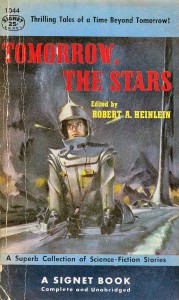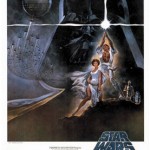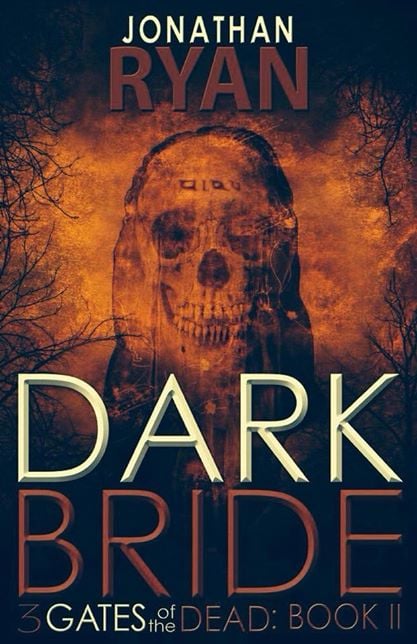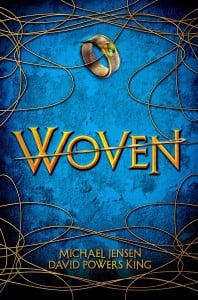The Adventures of G.K. Chesterton and the Penny Dreadfuls
Since Geek Goes Rogue started, I’ve been overwhelmed by the response. Geeks of all stripes are coming out of the woodwork and thanking me. I’m really floored by the thank-yous. The comment highlight came from the editor of a major online magazine telling me, “I really admire you and what you’re doing. It’s much needed.”
Sorry for the WordPress brag. I don’t include this comment to show how great I am, but how deep the need is for people to be able to discuss geek and faith stuff. Yet, there seems to be a fear of discussing these issues on a wider level. This isn’t to say I’m the first to discuss geek-related faith stuff. I’m not. There are some great blogs out there discussing similar themes, including the fantastic Theofantstique. But, we all remain on the “edge” of the general faith discussion in our culture. You won’t find any “geek” section on Christianity Today for instance. However, what Christians have failed to recognize is geek is the new language of our culture. I’ve argued this point here. The Church ignores the discussion at its peril. Let’s lead a revolution, shall we?
As I’ve started on this journey, I’ve been going back through my “masters” list of people who influenced me in one way or another. I’ve already written about C.S. Lewis’ geek cred. And of course, there is Grandfather Geek, J.R.R. Tolkien. However, not many people talk about G.K. Chesterton and his essay, “A Defense of the Penny Dreadfuls.”
A little background, Chesterton was an English writer in the early 20th Century and a committed Catholic. His friend, George Bernard Shaw, called him “a man of colossal genius.” Chesterton wrote the Father Brown detective novels, essays and thoughts on his culture. Everyone loved his sense of humor, his brashness and his love for a good-humored debate.
In 1901, Chesterton wrote a short essay called, “A Defense of the Penny Dreadfuls.” Penny dreadfuls were the father of the modern day comic book. The books contained little character development, blood pumping fights for justice and the rescue of a lady love. As might be guessed, they cost a penny and were aimed at working class adolescents, mostly boys. Think The Avengers crossed with Spider-Man. Zorro, the father of Batman, was considered a Penny Dreadful, for instance.
As with comics, upper class society disdained these books and wrote numerous articles about how they where “destroying” our culture. Those critics included many Christians and church people. Chesterton, as he was inclined to do, took these attitudes head on in the essay, and exposed their bias.
Some highlights for you geeks to nod your head to:
“Now it is quite clear that this objection, the objection brought by magistrates (that penny dreadfuls cause delinquency) has nothing to do with literary merit. Bad story writing is not a crime. Mr. Hall Caine, the novelist, walks the streets openly, and cannot be put in prison for an anticlimax. The objection rests upon the theory that the tone of the mass of boys’ novelettes is criminal and degraded, appealing to low cupidity and low cruelty. This is the magisterial theory, and this is rubbish.”
“Ordinary men will always be sentimentalists: for a sentimentalist is simply a man who has feelings and does not trouble to invent a new way of expressing them. These common and current publications have nothing essentially evil about them. They express the sanguine and heroic truisms on which civilization is built; for it is clear that unless civilization is built on truisms, it is not built at all.”
“If the authors and publishers of Dick Deadshot, and such remarkable works, were suddenly to make a raid upon the educated class, were to take down the names of every man, however distinguished, who was caught at a University Extension Lecture, were to confiscate all our novels and warn us all to correct our lives, we should be seriously annoyed. Yet they have far more right to do so than we; for they, with all their idiocy, are normal and we are abnormal. It is the modern literature of the educated, not of the uneducated, which is avowedly and aggressively criminal. Books recommending profligacy and pessimism, at which the high-souled errand-boy would shudder, lie upon all our drawing-room tables.”
“This should be our great comfort. The vast mass of humanity, with their vast mass of idle books and idle words, have never doubted and never will doubt that courage is splendid, that fidelity is noble, that distressed ladies should be rescued, and vanquished enemies spared. There are a large number of cultivated persons who doubt these maxims of daily life, just as there are a large number of persons who believe they are the Prince of Wales; and I am told that both classes of people are entertaining conversationalists.”
Thoughts? Reactions? Is Chesterton right on? Does he defend us geeks well? Or no?











